What to Tell Your Conveyancer When You’re Preparing to Sell Your Property
The process of buying or selling property is called conveyancing. So the person who is doing that process to buy or sell a property for you is a “conveyancer”. We have Melitta Hill at TBA Law, who is our licensed Conveyancer, but solicitors can also do conveyancing.
A lot of people throw around the phrase “section 32”. When you’re selling a property, the material facts are disclosed to a purchaser so they actually know a little bit about the property before they put in an offer. It’s section 32 of the Sale of Land Act that actually describes what a vendor has to put in their Vendor’s Statement. A Vendor’s Statement is prepared under section 32, and it gives the disclosures to a purchaser.
You, as the vendor, must tell the conveyancer who’s preparing the section 32 Vendor Statement for you, what they need to know to put into that document. We do independent searches as well, for planning information, Council and water information, and land tax obligations. But there’s a lot of things that we can’t search for.
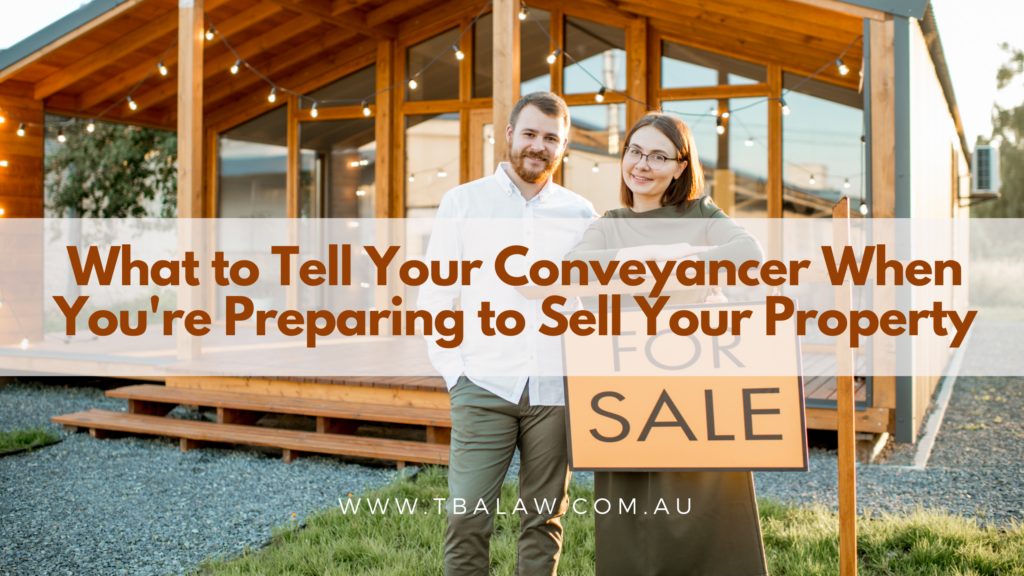
So a vendor, the person who wants to sell the property, has to tell their conveyancer these things.
- What services are connected?
- Do you have electricity or is it all solar?
- Do you have water or do you have water tanks?
- Do you have sewerage or do you have septic tanks?
- If you’ve got a septic tank, do you have a permit with conditions about it having to be serviced a certain amount of times a year? You would then have to give that permit to the conveyancer so it could be disclosed to your purchaser.
- Have you done any building works? Have there been additions or changes to the property since you’ve got it? And usually in the last seven to 10 years is what we really need to know because you’re actually required to have insurance if you have done works up to a certain value within that period of time.
- If there’s a pool or a spa, is the fencing compliant?
- Are there solar panels? If there are solar panels, do you have some kind of agreement with the solar company for the financing of those?
- Is there an easement on the property? Quite often, most of the easements are registered, so we would see that on the property plan. But sometimes there is an unregistered easement.
- Tenancy. So if it’s not the place you’re living in, we need to have a copy of the lease if you’ve got it leased.
- If you’ve got a granny flat arrangement with someone else in the back of the property, we need to know that sort of thing.
- Some basics about if it’s contaminated land or if there are hazards that aren’t immediately obvious to the naked eye for someone inspecting the property.
- If it’s suspected that boundary fences aren’t accurate, it’s also better to disclose that than not.
And then finally, and more recently, there’s been a requirement to disclose “material facts” in a broader sense. So things like if the property has been used to produce drugs, or if there has been a murder or a death in the house. So these are things that could affect a purchaser wanting to buy it or not. Other things like if you know that there is a band that practices in the hall across the road a certain amount of nights a week, or if you are aware that you’re that close to the school or an airport that the bells ring at this time of day, or if the wind’s going this direction, you’re under the flight path.
So it’s quite important to make sure you disclose this information to a purchaser. So why?
Because if the purchaser does their own due diligence, and finds something out about the property that you haven’t disclosed, potentially any Contract that they have signed is void. They can get out of it. So that’s why it’s important that you make proper disclosures when you sell a property.
Download our 9-steps to selling property here.

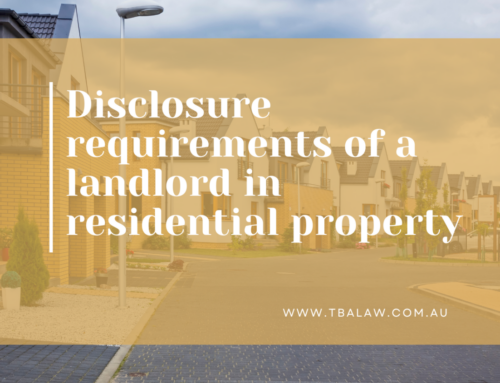
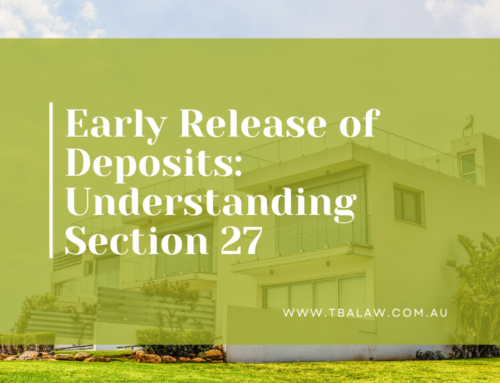
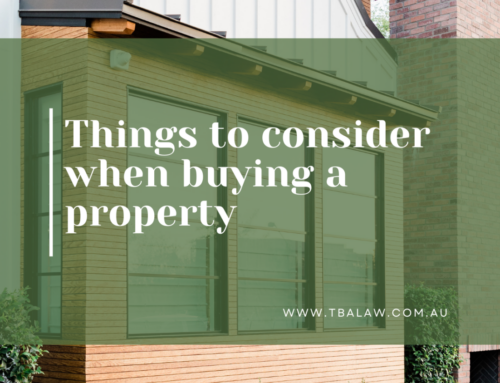
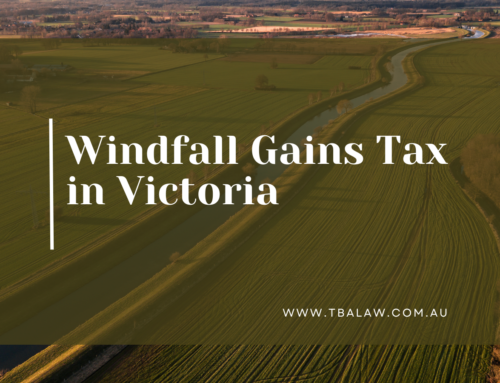
Leave A Comment